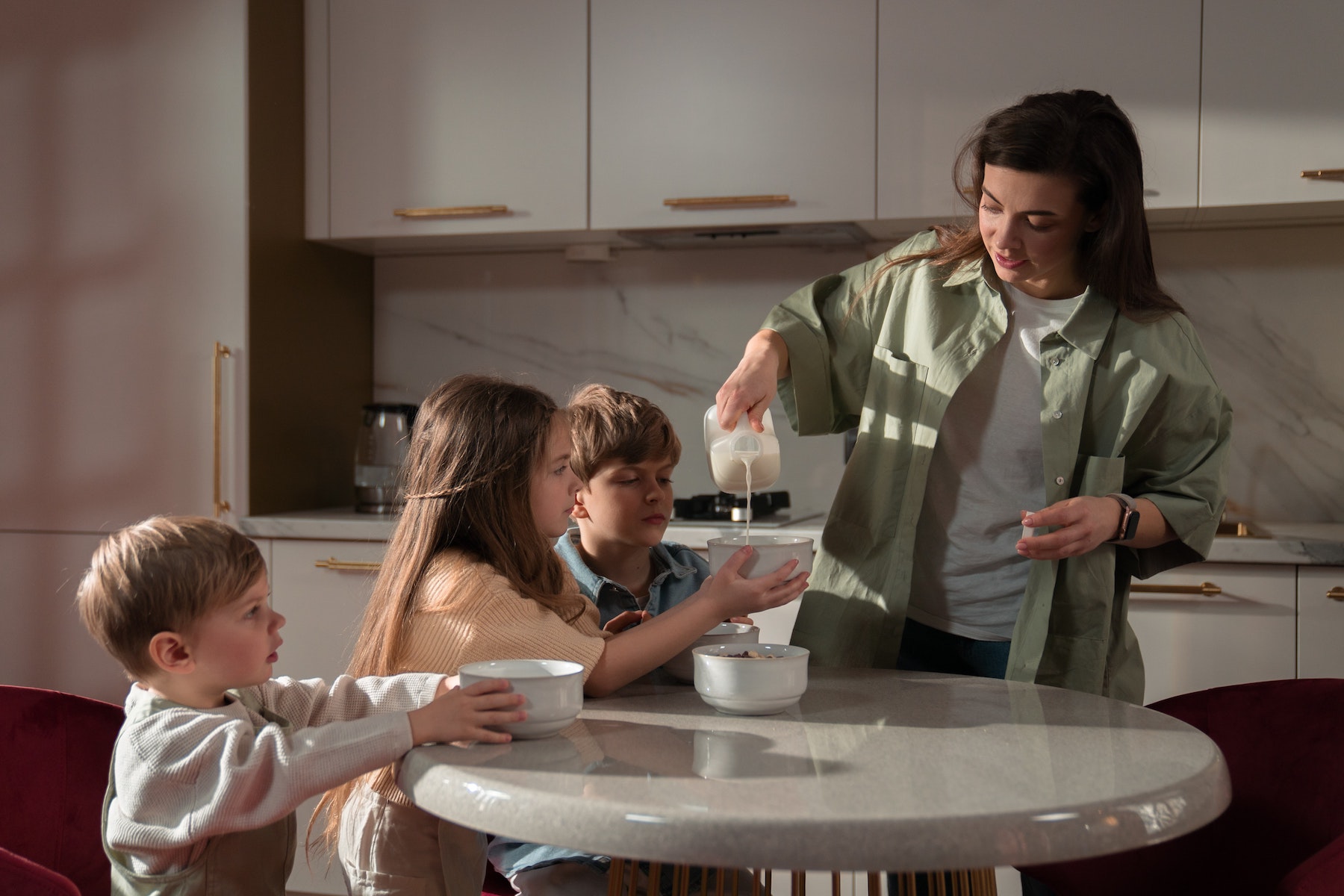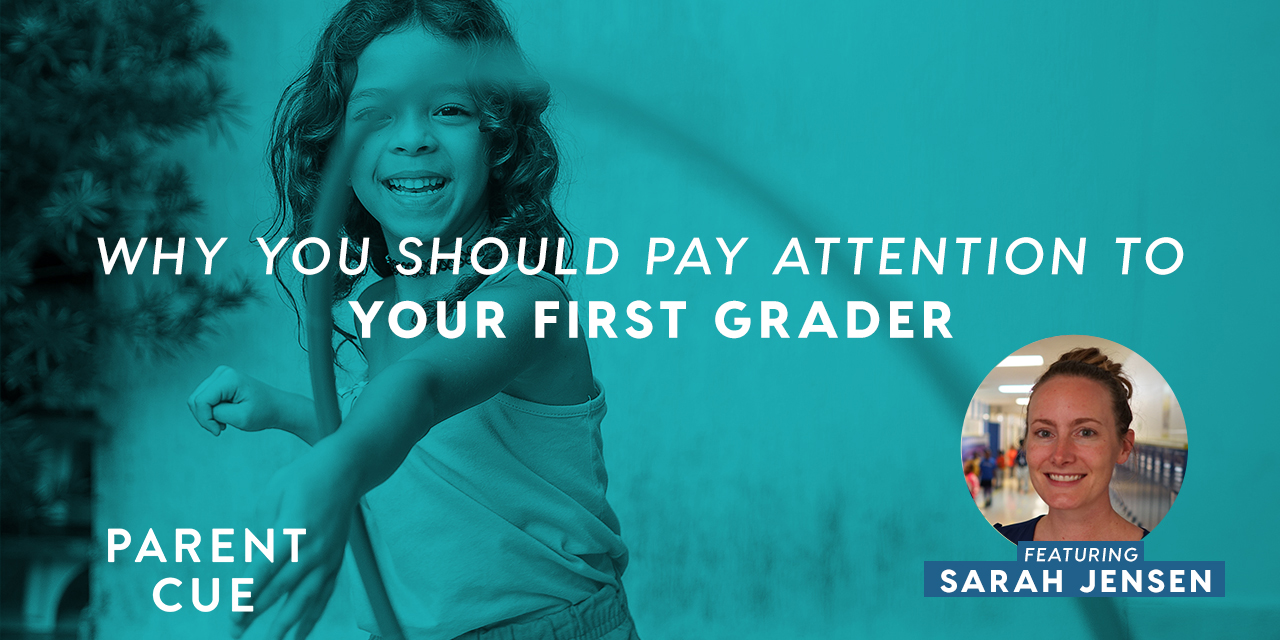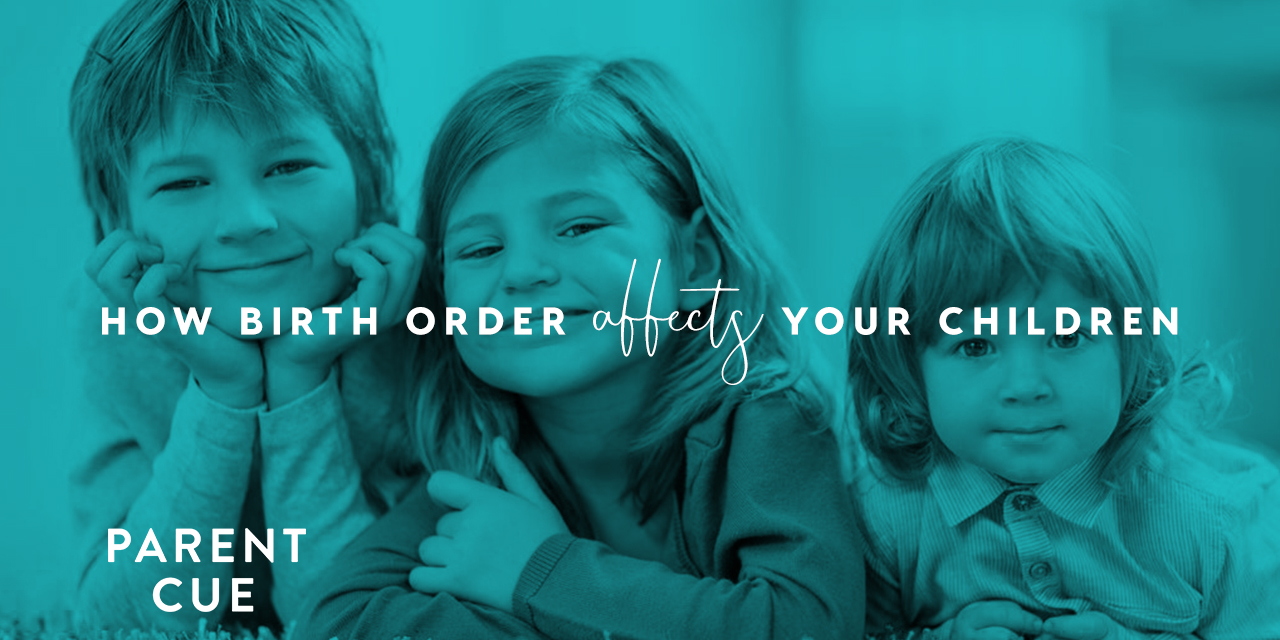
Your kids have likely screamed 862 different versions of “That’s not fair!!!!” from their small lungs before their fifth birthday.
Whether it’s the attention you gave her sister but not her, why her friend could get a new Elsa doll but she couldn’t, or why the your son’s friends always get the most update version of Xbox . . . Kids have an inherent radar for fair, which usually means even. Which can also mean “I got a little more.” (Why is it only unfair if someone else got more than you did????)
And we haven’t even gotten to dessert yet.
I remember watching my mom as a kid as she doled out scoops of ice-cream, watching like a hawk to make sure mine was at least as big (if not bigger) than my sister’s. Even the good folks at Dairy Queen got the stink eye from my ten-year-old self if my cone ended up smaller than it should have been.
Navigating fairness was doubly fun when I became a parent.
Fortunately, my wife Toni brought a parlor trick with her from her family of origin. Rather than having a parent cut the cake or pie or scoop the ice cream, as soon as my kids were old enough, my amazingly sharp wife would select one of our kids to dole out dessert.
This was the rule: One child slices it; the other chooses it.
Brilliant.
The incentive to measure out exact portions in that scenario is through the ROOF! You would think my eight-year-old kids were measuring dessert by the microgram the way they made sure that each piece was exactly the same. Talk about an incentive to be fair.
If only life were that easy. But it’s not.
Fairness in life does not mean we all get the same size slice of the pie. Real life means sometimes we get more pie than we should, and other times we get zero.
Reality means sometimes you hustle hard and don’t get the summer job when your lazy classmate did. Life means sometimes you study your brains out and you still don’t get an A.
We still pay attention to how dessert gets doled out at our house, but as our kids got older we realized that there was absolutely no way to shield them from the reality that life isn’t fair.
Often our sense of fairness gets violated because we don’t like the result. She got more than me. Or he got rewarded when I didn’t.
Adults who feel cheated often develop some downright unattractive attitudes: They feel entitled; they get angry and they walk through life with chips on their shoulders. Not exactly the kind of human beings you want to raise.
Just watch any parent who walks into a classroom or principal’s office demanding that their somewhat undeserving child get the marks/recognition/results the entitled parent believes they’re owed. Not healthy for anyone.
So as our kids got older, I started to tell them outright that life isn’t fair. That sometimes people get things they don’t deserve and that the people who should be rewarded sometimes aren’t.
Perhaps the biggest shift I encouraged our kids to make was this:
Sop focusing on the outcome and start focusing on the process.
Study hard.
Be generous.
Be kind.
Hustle.
Conduct yourself in a way that you’ll be proud of years later.
And don’t worry about the results. Leave those to God.
You know what happens when you do those things? You find peace.
Sure, there’s a little disappointment if you didn’t make an A, or if you didn’t make the team, but in the chalk talk afterward, simply ask: Did you do your best? If the answer is yes, then we’re just incredibly proud of you. If you didn’t do your best, hustle harder next time, because life isn’t fair. And you can’t control that. Just do your best and work your heart out.
It’s funny, but when you focus on the process—what you put in to something—you often end up more satisfied with the results—what you get out of something.
Plus, you actually tend to do better when you adopt those attitudes because you brought your best without any expectation of reward.
Guess what kids? Life isn’t fair. But that doesn’t mean life isn’t good.
Do your best. Be kind. Be generous. Hustle hard. You’ll be so thankful you did, regardless of how it all turns out.




